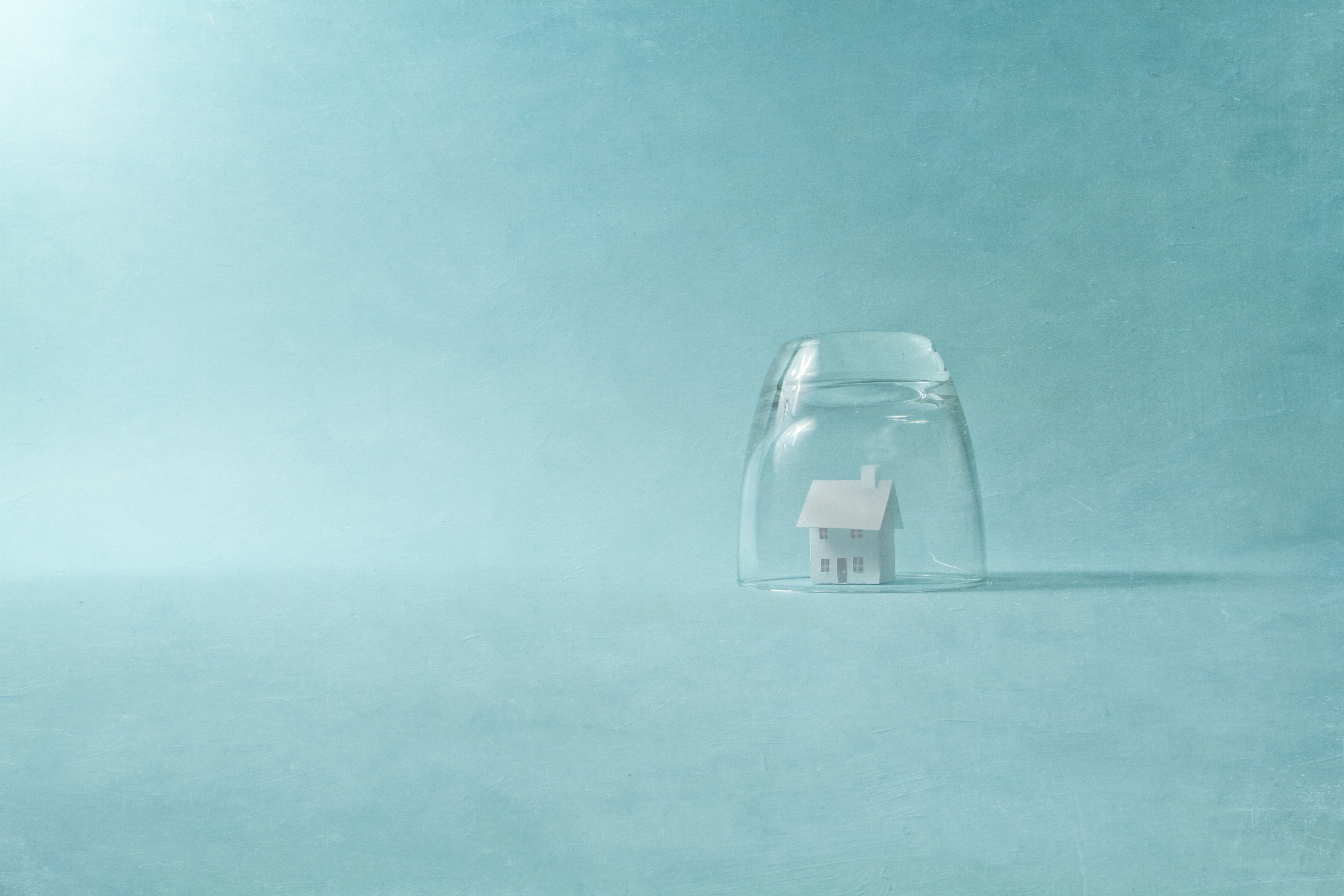Why the 'safe space' movement is a liberal assault on freedom
It won't be long before safe spaces take over our homes


A free daily email with the biggest news stories of the day – and the best features from TheWeek.com
You are now subscribed
Your newsletter sign-up was successful
One of the more contentious ideas to recently emerge from the culture war is that of "safe spaces." We are said to be at risk of social dangers. Sometimes these dangers are labeled denialism (in which someone's identity isn't recognized) or triggering speech (speech that sets off traumatic responses in unwitting listeners). The way some students at elite colleges combat these social dangers is to create, or demand the creation of, safe spaces. And just as often, students demand that their entire campus become a safe space.
Hence the wrong kind of speech is re-labeled as violence. The space only becomes safe when certain ideas (and the people expositing them) are banished. We're trying to build a supportive community, don't you know?
Why worry about the exotic (and sometimes silly) life of a college campus? Well, it matters because future elites — who will set the norms and tone of our institutions of power — are coming of age in this intellectual stew. At top colleges we already see the nepotistic acceptance of incurious mediocrity, the shirking of citizenship's duties, and a liberation from old constraints, all of which tell us about the future of our nation's social and political life.
The Week
Escape your echo chamber. Get the facts behind the news, plus analysis from multiple perspectives.

Sign up for The Week's Free Newsletters
From our morning news briefing to a weekly Good News Newsletter, get the best of The Week delivered directly to your inbox.
From our morning news briefing to a weekly Good News Newsletter, get the best of The Week delivered directly to your inbox.
Here's my prediction: Safe spaces will continue to spread across campuses. And from there, the colonization project will really begin in earnest. Public institutions, schools, and even the home. And colonization is the right word, because the logic of a "safe space" is entirely alien to traditional notions of liberty.
How can you even object? Are you pro-trauma? Pro-denialism? You think kids should have their identities denied and be traumatized in the home?
The fear of terrorism — a statistically infinitesimal risk in everyday American life — has caused us to expand the American surveillance state, launch misbegotten wars, consent to the search of everything from library records to our bodily cavities, and generally surrender our liberty. So, too, will a pervasive fear of social danger raise the demand for social control.
It's hard not to see the mechanism of privilege at work. These students are taking on decades worth of debt, or spending 15 times the median income on their college education — why shouldn't they demand that adjunct professors and guest speakers not offend them? And as they graduate into the upper echelons of American life, paying the lion's share of taxes, they'll demand the same of fellow citizens, too. I pay for these cops, why shouldn't they tell you what to think? I'm creating a supportive community.
A free daily email with the biggest news stories of the day – and the best features from TheWeek.com
I'm not unsympathetic to the most limited aims of safe-spacers. Some of their moral impulses are perfectly laudable. People who have experienced real trauma — violent crimes, rape, the loss of loved ones in violence — do need special consideration. That a victim of rape would want to avoid a heated discussion on rape statistics is perfectly understandable. Someone who lost a loved one in a war overseas may find themselves distressed by a frank talk about whether that war was justified.
Long-term healing may mean strengthening oneself to face these subjects in the future. We intuitively understand the effects of physical, emotional, or even spiritual trauma.
But it takes the intellectual gymnastics of a collegian to see that thoughts and ideas amount to violence and trauma.
Perhaps the safe-space movement cannot be sustained for long. The political left used to praise fearlessness, non-conformism, and dangerous ideas. It used to embrace the figures of history who were once branded heretics. Maybe that romantic rhetoric is too deeply embedded in our political tradition and culture to let this hysterical, stultifying conformism colonize our institutions and social life.
Then again, if safety-obsessed neighbors now believe — against all evidence — that children who are not actively surveilled are suffering from neglect, then heaven knows how dangerous the home can be, with all those proles thinking their thoughts in the presence of children. Surely the practice of "reparative therapy," which could soon be illegal, will be expanded to include any non-medical therapeutic practices that have "denialism" embedded within them.
The safe-space movement offers hysterics real power over their institutions and neighbors. And this is a power that denies itself as power, that grasps by wailing. If America is rapidly becoming more economically and politically unequal, it seems natural enough that the graduates of our elite credentialing institutions should feel the need to control the thought and speech of their inferiors.
Nothing so endangers privilege as the freedom of the masses. I learned that from the left.
Michael Brendan Dougherty is senior correspondent at TheWeek.com. He is the founder and editor of The Slurve, a newsletter about baseball. His work has appeared in The New York Times Magazine, ESPN Magazine, Slate and The American Conservative.
